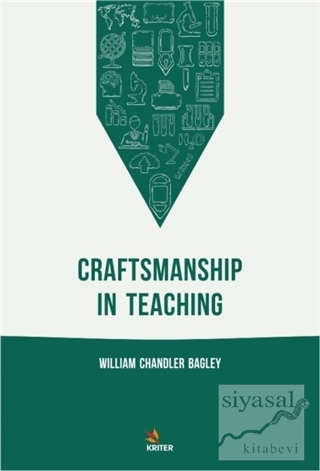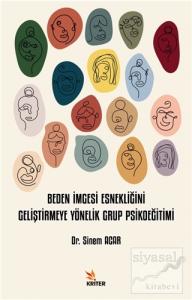
Although the month is March and not November, it is never unseasonable to count up the blessings for which it is well to be thankful. In fact, from the standpoint of education, the spring is perhaps the appropriate time to perform this very pleasant function. As if still further to emphasize the fact that education, like civilization, is an artificial thing, we have reversed the operations of Mother Nature: we sow our seed in the fall and cultivate our crops during the winter and reap our harvests in the spring. I may be pardoned, therefore, for making the theme of my discussion a brief review of the elements of growth and victory for which the educator of to-day may justly be grateful, with, perhaps, a few suggestions of what the next few years may reasonably be expected to bring forth.
And this course is all the more necessary because, I believe, the teaching profession is unduly prone to pessimism. One might think at first glance that the contrary would be true. We are surrounded on every side by youth. Youth is the material with which we constantly deal. Youth is buoyant, hopeful, exuberant; and yet, with this material constantly surrounding us, we frequently find the task wearisome and apparently hopeless. The reason is not far to seek. Youth is not only buoyant, it is unsophisticated, it is inexperienced, in many important particulars it is crude.
Some of its tastes must necessarily, in our judgment, hark back to the primitive, to the barbaric. Ours is continually the task to civilize, to sophisticate, to refine this raw material. But, unfortunately for us, the effort that we put forth does not always bring results that we can see and weigh and measure. The hopefulness of our material is overshadowed not infrequently by its crudeness. We take each generation as it comes to us. We strive to lift it to the plane that civilized society has reached. We do our best and pass it on, mindful of the many inadequacies, perhaps of the many failures, in our work. We turn to the new generation that takes its place. We hope for better materials, but we find no improvement.
Although the month is March and not November, it is never unseasonable to count up the blessings for which it is well to be thankful. In fact, from the standpoint of education, the spring is perhaps the appropriate time to perform this very pleasant function. As if still further to emphasize the fact that education, like civilization, is an artificial thing, we have reversed the operations of Mother Nature: we sow our seed in the fall and cultivate our crops during the winter and reap our harvests in the spring. I may be pardoned, therefore, for making the theme of my discussion a brief review of the elements of growth and victory for which the educator of to-day may justly be grateful, with, perhaps, a few suggestions of what the next few years may reasonably be expected to bring forth.
And this course is all the more necessary because, I believe, the teaching profession is unduly prone to pessimism. One might think at first glance that the contrary would be true. We are surrounded on every side by youth. Youth is the material with which we constantly deal. Youth is buoyant, hopeful, exuberant; and yet, with this material constantly surrounding us, we frequently find the task wearisome and apparently hopeless. The reason is not far to seek. Youth is not only buoyant, it is unsophisticated, it is inexperienced, in many important particulars it is crude.
Some of its tastes must necessarily, in our judgment, hark back to the primitive, to the barbaric. Ours is continually the task to civilize, to sophisticate, to refine this raw material. But, unfortunately for us, the effort that we put forth does not always bring results that we can see and weigh and measure. The hopefulness of our material is overshadowed not infrequently by its crudeness. We take each generation as it comes to us. We strive to lift it to the plane that civilized society has reached. We do our best and pass it on, mindful of the many inadequacies, perhaps of the many failures, in our work. We turn to the new generation that takes its place. We hope for better materials, but we find no improvement.




















